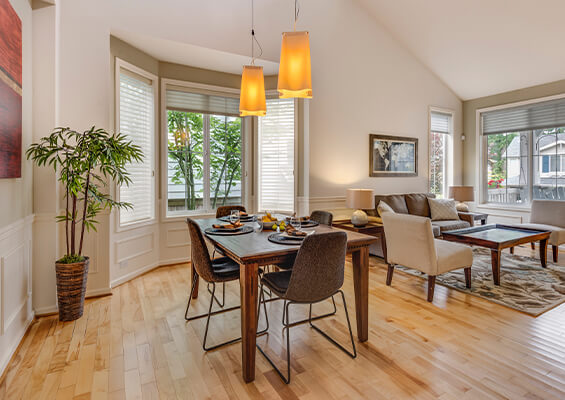
After the merger with PMC was approved, residents of the Pune and Khadki cantonments wanted to know more about FSI.
After the merger with PMC was approved, residents of the Pune and Khadki cantonments wanted to know more about FSI.
Pune and Khadki cantonment dwellers and civic activists have expressed concerns regarding the absence of clarity on Floor Space Index (FSI) norms in the wake of the state government's in-principle consent to combine these regions with the Pune Municipal Corporation (PMC).
In an effort to improve civic services, the Maharashtra state government announced on Thursday that it intended to combine the Pune and Khadki cantonment boards (PCB and KCB) with the PMC. Similar mergers and conversions have been proposed for four other cantonments in the state.
The two cantonment boards have submitted comprehensive proposals as part of the transition process, taking into consideration input from local military authorities and the defense ministry. These proposals emphasize that FSI in merged areas be limited to 1, based on location near sensitive defense establishments. The FSI in cantonment areas is currently 0.5, whereas PMC areas permit an FSI of 1.1 to 3 based on location and transferable development rights (TDR).
The cantonment boards have stated unequivocally that lifting FSI restrictions should not come at the expense of the merger. their submission emphasizes.
Despite FSI's significance in city planning, PMC commissioner Naval Kishore Ram admitted that the Thursday meeting ended without a decision. "Chief Minister Devendra Fadnavis stressed the need to upgrade services within the cantonment areas, but we didn't discuss anything specifically related to FSI. "At this time, we are unable to comment on this," he stated.
On OGB properties, Ram stated PMC would examine legal and administrative intricacies in the next few days. " "I want to go to the cantonment areas in person. If needed, PMC officials will do an initial survey to identify on-the-ground issues," he further added. He explained that, in terms of real estate assets, the merger would occur "as is."
A top official of the Directorate General of Defence Estates verified that the proposals of the boards, particularly those dealing with FSI and defense security, have already been dispatched to the state government and are waiting for a response to be submitted to the defense ministry.
Most residents and activists believe that low FSI norms have retarded the development of cantonment areas." "The same FSI that PMC areas receive must be given to us. Only then will development happen?" a civic activist, Rajabhau Chavan, said while alleging that the Pune Cantonment was at least a decade behind other parts of the city.
Local businessmen have also been supportive of the merger, citing years of city neglect. "This merger was long overdue," stated shopkeeper Lalit Gandhi. Our issues went unheard for ten years.
Hozefa Harnesswalla, a shop owner, seconded this. "Infrastructure is in tatters—roads have potholes, gardens are littered, garbage disposal is bad, and health facilities are not available. "The merger is the key to actual progress," he declared, calling for action against hawkers who were encroaching on sidewalks and roads.
Yet, not everybody is pleased. Some existing residents are concerned about losing the cantonment's individuality. An arm that is retired "Two of the oldest garrisons in the country are the cantonments of Pune and Khadki," stated retired army officer Ajit Kale. Their culture, architecture, and history are all distinctive. All these stand to be lost in the merger.
Vinod Mathurawala, a former PCB vice-president, highlighted that property rights and FSI are still concerns. ""The answers to these questions will dictate how these heritage zones develop in the future. . All interested parties now wait for further guidance from the state and central governments," he added.
